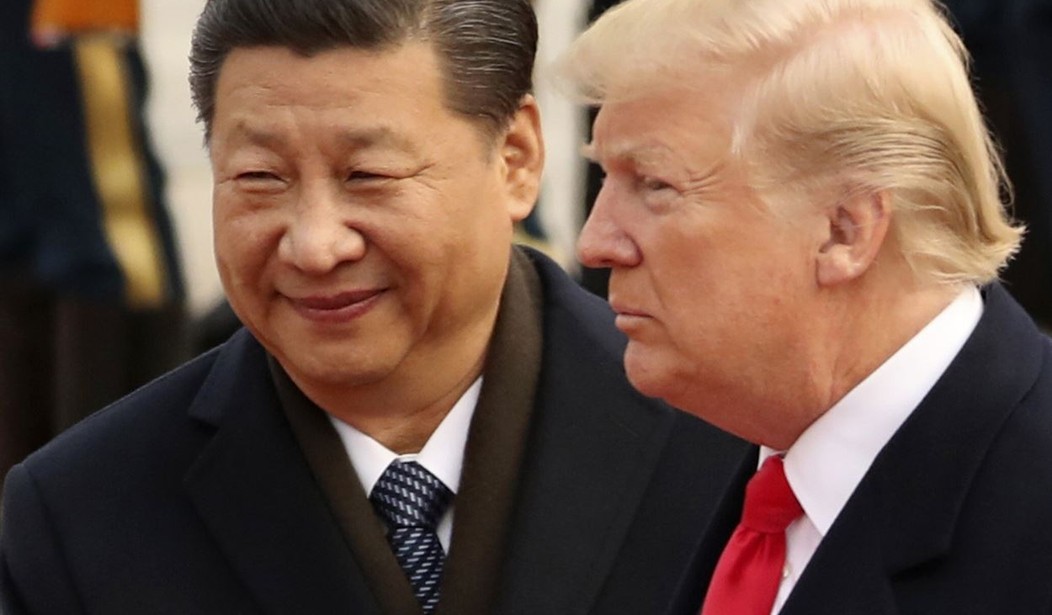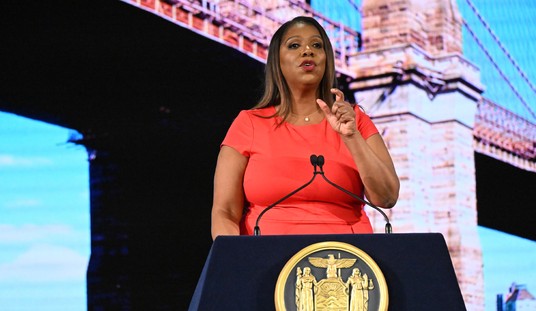WASHINGTON - President Trump announced earlier this week that long stalled trade negotiations with China are going to resume.
“We’ve gotten two calls and very, very good calls,” he told reporters Monday at the Group of Seven summit, and added that they were “Very productive calls. They mean business. They want to be able to make a deal.”
We’ve been accustomed to Trump’s often exaggerated interpretation of developments, making negotiations sound more hopeful than they actually were.
This time, he told reporters, he sensed the Chinese were eager to resume new talks that “were much more meaningful than at any time.”
But Trump’s advisers were a great deal more skeptical and, shall we say, restrained. “There were discussions that went back and forth, let’s leave it at that,” Treasury Secretary Steven Mnuchin told reporters.
To be sure, Chinese Vice Premier Liu He told a forum of business people in Chongqing on Monday that “China is willing to resolve problems calmly through consultation and resolutely opposes the escalation of the trade war,” according to the state-run Xinhua news agency.
“Any escalation will run against the interests of the people of China, the United States and the whole world,” he added.
The Washington Post correctly observed Tuesday that “this barely perceptible warming has yet to translate into any tangible negotiating progress.
Administration officials continue to look in vain for signs that Beijing will agree to rewrite Chinese laws governing core issues in the trade dispute.”
Meantime, contrary to Trump’s boasts that the U.S. economy is the strongest it’s been in many years, there is growing evidence that it is slowing, along with much of the global economy. And that his trade tariff taxes are in large part responsible for that slowdown.
Recommended
The gross domestic product, the largest measurement of the U.S. economy’s growth rate, was expected to rise by a mere 1.8 percent in the second quarter.
It is becoming apparent that Trump’s trade war tactics with China and other countries are not working.
Last Friday, in response to Trump’s trade war tariffs, Beijing slapped $75 billion in retaliatory tariffs on U.S. goods. That resulted in Trump ordering U.S. companies to cease doing business with China, and calling President Xi Jinping an “enemy.”
If Trump truly thinks he can win friends and influence America’s allies by attacking their economies, and gain a political victory in next year’s election, he had better think again.
We are losing the support of our closest allies, hurting their economies and ours as well.
“Before Trump arrived, there were already signs his views on trade have become increasingly unpopular among world leaders,” the Post reported this week. Shortly before the G-7 summit began, European Council President Donald Tusk warned that Trump’s trade wars could drive global economies into a recession.
“For me it’s absolutely clear that if someone, for example… the United States and President Trump, uses tariffs and taxation as a political instrument, tool for some different political reasons, it means that this confrontation can be really risky for the whole world, including the E.U.,” Tusk said. “This is why we need the G-7.”
Tusk not only singled out Trump for threatening the world order, but said the European Union “would be prepared to respond “in kind” if Trump attempts to impose taxes on French wine.
Under previous administrations, the focus of the G-7 summit has always been about its economic cooperation and security in the face of external threats.
But under Trump’s “America First” agenda and global economic turmoil from his tariff wars, that historic unity is threatened.
“There has been a complete realization on the world stage that the U.S. is not playing its traditional role, and may never again play the role it’s played for 75 years,” Jon B. Alterman, senior vice president at the Center for Strategic and International Studies,” told the Post.
“But it’s unclear what role the United States will play, and what the consequences of that might be,” he said.

























Join the conversation as a VIP Member